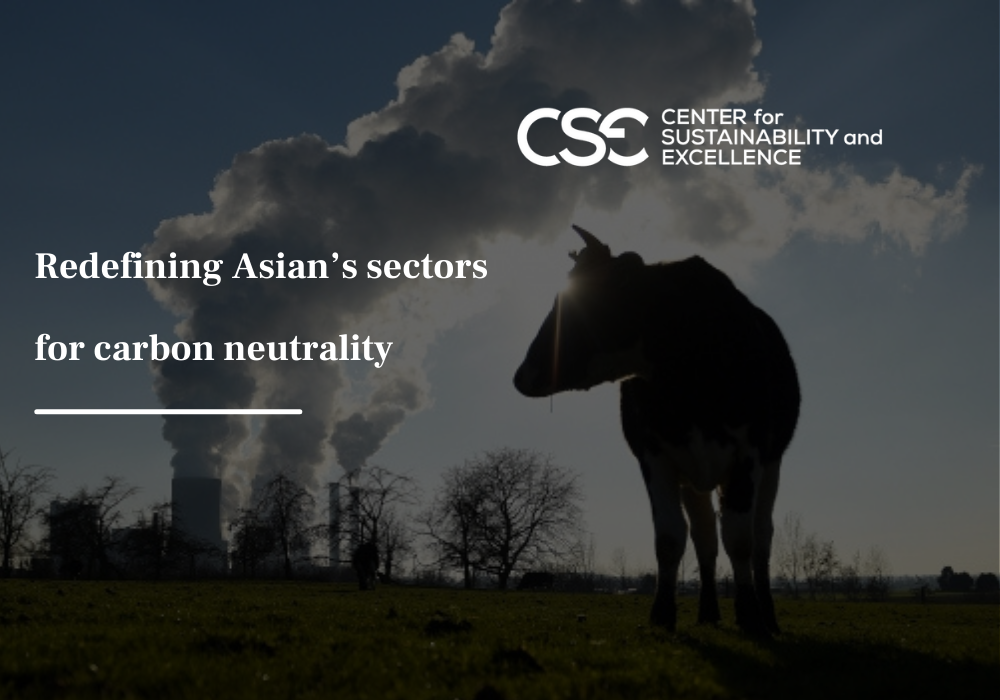Over the past decade the word is facing three main challenges with Asia being in the epicenter of their effects. These challenges are no other that the climate emergency, the loss of natural habitats and growing inequality. The Center for Sustainability and Excellence (CSE) is pleased to be leading this inevitable shift, by holding the upcoming Certified Sustainability (ESG) Practitioner Program, sponsored by Moody’s.
Considering the climate change, it is estimated that up to $4.7 trillion of GDP in Asia is at risk annually from loss of effective outdoor working hours resulting from increased heat and humidity. Even more impressive is the fact that latest studies show a shrinkage of Asia’s economy if the countries don’t decarbonize. Its economy could be $28 trillion smaller by 2070, but it could grow by 3.5 per cent each year until then if rapid decarbonization takes place, especially for Southeast Asia’s GDP.
The largest carbon-emitting governments have already adopted ambitious climate plans and targets:
- Japan & South Korea: Committed to achieve net-zero emissions by 2050
- China: Pledged carbon neutrality before 2060
- India: On track to achieve its “2oC compatible”-rated Paris Agreement climate action targets
- Australia: Committed to reducing GHG emissions 26-28% below 2005 levels by 2030
This goal is even harder to be achieved as the power sector emissions rise beyond pre-Covid levels due to the rising demand for coal in order to generate electricity due to the pandemic, outpacing the growth in clean energy production.
Of course, oil and energy sector are on the spot, but carbon pricing systems are gradually gaining the support of governments worldwide and more sectors will be affected soon. The European Commission has recently announced plans for a Carbon Border Tax, which would levy charges on non-EU products in relation to their embedded carbon footprint. This has caused great concern to global industries.
The sectors that will feel the effects in the next years are Food production, Retail and Pharmaceuticals. All of these sectors have something in common: the supply chain.
Focusing into your supply chain not only helps to build a baseline of emissions but can help you identify high emission categories and suppliers. Major companies are trying to achieve net zero in their supply chain as key to both their sustainability and profitability goals.
If you are interested in upscaling corporate sustainability in your organization, CSE welcomes you to the Certified Sustainability (ESG) Practitioner Program on September 23, 24 & 27. The program focuses on key challenges that professionals have to face in the field of Sustainability, Supply Chain, Corporate Responsibility, Corporate Communications, Sustainable Development and Circular Economy.
Register now to connect the dots between cutting-edge sustainability ESG knowledge, real world business cases and science-based targets. Get Certified as a Sustainability ESG Practitioner .Drive the ESG transformation of your organization!
Reach us at [email protected] for exclusive group discounts!







